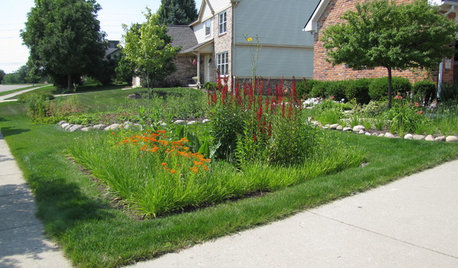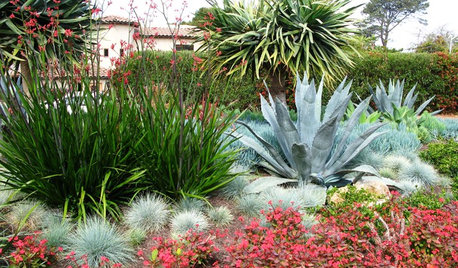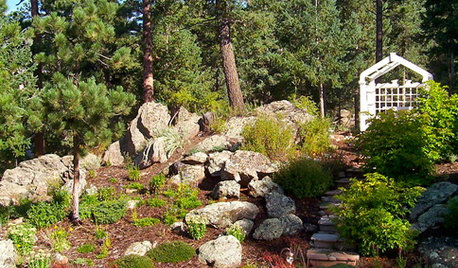Soil Test Questions and Amendments
Josg Maggsib
last year
Featured Answer
Sort by:Oldest
Comments (9)
Sheila z8a Rogue Valley OR
last yearJosg Maggsib
last yearRelated Professionals
Ballwin Landscape Architects & Landscape Designers · Forest Acres Landscape Architects & Landscape Designers · Waterbury Landscape Contractors · Fairhope Landscape Contractors · Gurnee Landscape Contractors · Hickory Hills Landscape Contractors · Hollywood Landscape Contractors · Lady Lake Landscape Contractors · Peachtree City Landscape Contractors · Setauket-East Setauket Landscape Contractors · Seven Hills Landscape Contractors · Weslaco Landscape Contractors · York Landscape Contractors · Forest Hill Landscape Contractors · North Hills Landscape ContractorsSheila z8a Rogue Valley OR
last yearJosg Maggsib
last yearJosg Maggsib
last yearSheila z8a Rogue Valley OR
last yearlast modified: last year
Related Stories

LANDSCAPE DESIGNHow to Shape a Rain Garden and Create the Right Soil for It
Learn how to grade, lay out and amend the soil in your rain garden to support your plants
Full Story
GARDENING GUIDESHouzz TV: Make a Worm Bin for Rich Soil and Happy Plants
A worm-powered compost bin that can fit under a sink turns food scraps into a powerful amendment for your garden. Here’s how to make one
Full Story
GARDENING GUIDESGet the Dirt on Your Garden’s Soil
Understand how your soil supports your plants so you can ensure your garden’s success
Full Story
GARDENING GUIDESHow to Stop Worrying and Start Loving Clay Soil
Clay has many more benefits than you might imagine
Full Story
GARDENING GUIDESGrow a Beautiful Garden in Alkaline Soil
Got alkaline soil? Learn how to manage it and the many beautiful plants that will thrive in this ‘sweet’ soil
Full Story
GARDENING GUIDESGardening Solutions for Dry, Sandy Soils
Has your desert or beachy site withered your gardening creativity? Try these ideas for a beautiful, easy-care landscape
Full Story
GARDENING GUIDESHave Acidic Soil in Your Yard? Learn to Love Gardening Anyway
Look to acid-loving plants, like conifers and rhododendrons, to help your low-pH garden thrive
Full Story
GARDENING GUIDES6 Questions That Will Help You Pick the Best Plants for Your Site
Before you head to the nursery, learn more about your outdoor space
Full Story
LANDSCAPE DESIGN10 Questions to Ask a Landscape Designer
Discover how to choose the best designer for your yard and avoid surprises down the line
Full Story
FARM YOUR YARDHow to Get Good Soil for Your Edible Garden
The nutrients in your soil feed the plants that feed you. Here are tips on getting it right — just in time for planting season
Full StorySponsored
More Discussions











Sheila z8a Rogue Valley OR